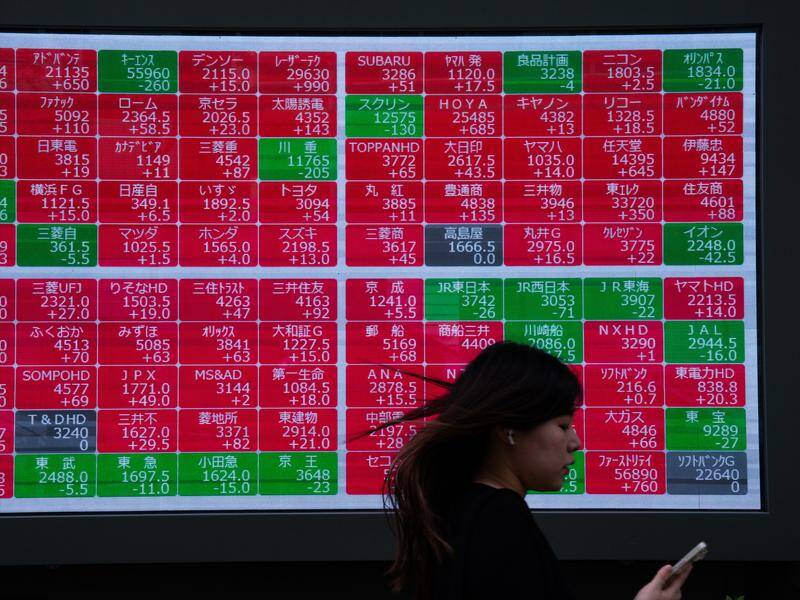
Global stock markets are poised for a return to record highs following the conclusion of the longest government shutdown in U.S. history. On Wednesday, October 4, 2023, U.S. President Donald Trump signed a bill ending the shutdown, which had significant implications for investor sentiment.
European markets responded positively, with the STOXX 600 index opening nearly one percent higher. France’s CAC 40 nudged both indices toward all-time peaks, despite a notable decline in German engineering giant Siemens, which reported disappointing earnings and saw its stock drop over four percent.
In the United States, stock futures exhibited slight fluctuations, ranging from negative to a modest increase of 0.2 percent. The MSCI’s 47-country All World Index, however, is on track to secure its fourth consecutive daily gain, closing in on October’s all-time high by just four points.
The economic data backlog caused by the shutdown is expected to start clearing next week, with focus on the payroll figures for October. Analysts are particularly interested in whether these numbers will corroborate private surveys indicating a slowdown in the job market. “We are waiting for the data fog to clear, but the one thing we can say from PriceStats data is that inflation is rolling over,” said Michael Metcalfe, head of global macro strategy at State Street Global Markets. He emphasized that upcoming jobs data will significantly influence market sentiment.
Japan’s yen faced renewed pressure in the currency markets, hitting a record low of 179.49 yen per euro and approaching a nine-month low against the U.S. dollar at 154.92 yen. This decline occurred despite reassurances from Japan’s finance minister that the government is monitoring currency fluctuations closely. The Nikkei index closed up 0.4 percent, with the broader Topix index reaching an all-time high as investors shifted focus from artificial intelligence stocks to other sectors.
Metcalfe added, “There is still a debate about whether the Bank of Japan will tighten rates by year-end. Our inclination is that they will, but there is a strong market narrative suggesting that policy settings will encourage a weaker yen.”
In commodities, gold maintained recent gains, trading above USD 4,200. U.S. benchmark government bonds remained stable, with the 10-year yield at 4.09 percent and Germany’s at 2.65 percent. The Hang Seng index in Hong Kong retreated slightly from a one-month high, while the Shanghai Composite rose by one percent ahead of expected credit and retail sales data later this week.
On Wall Street, the Dow Jones Index achieved a record high, while the tech-heavy Nasdaq experienced a minor retreat. In London, the mining-focused FTSE 100 dipped slightly after reaching an all-time high the previous day. Notably, Europe’s technology sector saw gains, with companies like ASML and Infineon showing signs of recovery following last week’s significant losses.
In foreign exchange, the British pound briefly touched a session low after data revealed minimal economic growth in Q3. Meanwhile, the Australian dollar gained ground following a surge in employment figures, suggesting that the central bank’s rate-cutting cycle may have reached its limit.
Brent crude futures fell to a three-week low of USD 62.42 per barrel after OPEC adjusted its projections to forecast a small surplus in the global oil market for 2026. “Recent price weakness seems to be driven by OPEC’s revision of the supply-demand balance,” noted Suvro Sarkar, head of the energy sector team at DBS Bank.
The end of the U.S. government shutdown has reinvigorated market optimism, though traders remain wary of upcoming economic data and geopolitical developments that could impact global markets.







